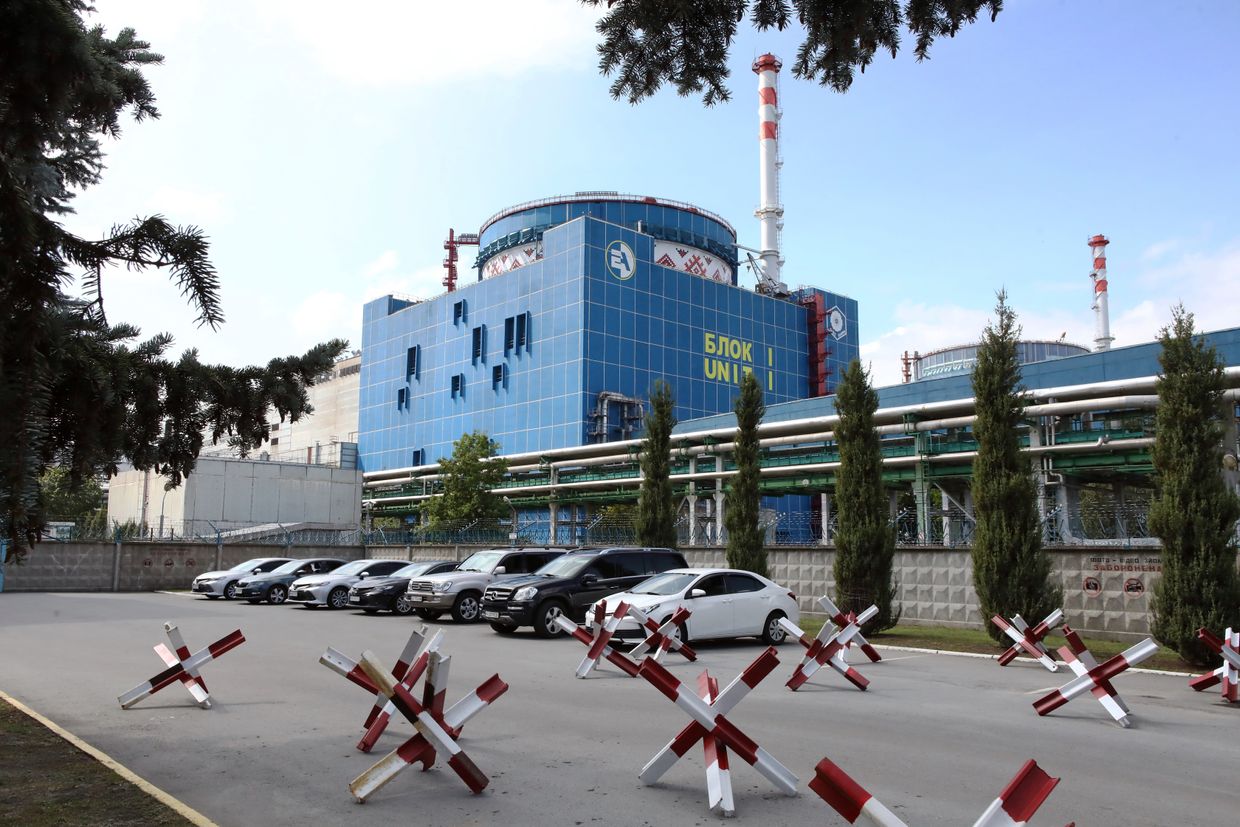Bloomberg: EU behind track on provision of shells to Ukraine

The European Union is falling short of its target of providing Ukraine with one million rounds of artillery shells by March, unnamed sources told Bloomberg on Oct. 25.
The EU pledged in May to deliver one million shells per year to Ukraine, partially by digging deep into its existing stockpiles, but also by increasing domestic production capacity.
However, now that six months have passed, only 30% of the promised shells have been delivered, sources said. At this slowed rate, the EU risks failing to meet its target.
According to Bloomberg, some countries have privately asked to extend the deadline.
The U.S. has also promised to speed up the tempo of its own shell manufacturing in order to produce one million shells a year, and has encouraged European allies to pick up the pace as well.
For its own part, Ukraine has increased the capacity of its own domestic defense industry, and will be able to produce tens of thousands of drones per month, Minister for Strategic Industries Oleksandr Kamyshin said on Oct. 25.
Ukraine has also ramped up shell production, he said, but it is not enough to match the demand.
Issues unconnected to Ukraine have contributed to the slowed pace of production and related shell shortage.
The conflict between Israel and Hamas that suddenly erupted in early October has caused the U.S. to divert some of its shell stockpile originally earmarked for Ukraine to long-time ally Israel. Nonetheless, U.S. officials stressed that the U.S. was more than capable of supporting both Ukraine and Israel at the same time.
In Europe, preexisting protectionist tendencies among NATO members in regard to their domestic defense industries have also increased the cost of shells and created problems with their interchangeable use in different weapons systems.
At the same time, Russia has upped its own production capacity, perhaps up to two million shells per year, according to Bloomberg. In addition, North Korea has begun to provide Russia with ammunition and military equipment.














